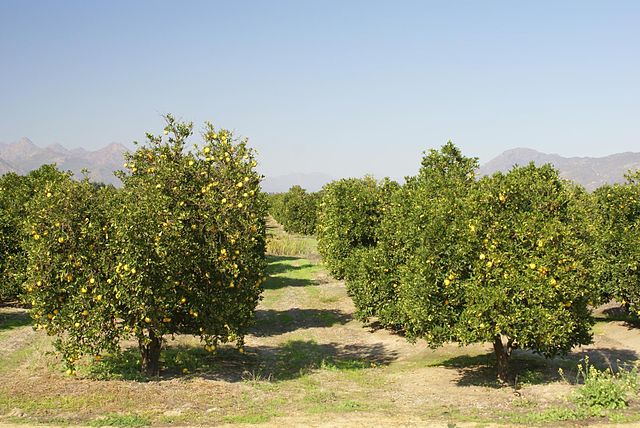Botswana’s trailblazing Selebi-Phikwe Citrus Project with its 811,000 fruit trees is preparing for the country’s first ever citrus export on March 21.
The South African nation expects to sell 70% of the harvest abroad and has already met international market protocols.
Out of some cultivated 1200 hectares sitting on a 1500-hectare piece of land, citrus trees occupy 800 hectares, mostly lemon.
The Ministry of Agriculture will kick-start exports with 2.4 tonnes weekly shipments of lemons to the Middle East, starting March 21. Some 3.6 tonnes will be reserved for sale within the country before and during the Easter holidays.
In April, the project will further sell 9 tonnes of the fruit to both the local and international markets.
The main destinations outside the Middle East will be Japan, China, the U.S. and the UK. Given this market diversity, Botswana is keen to avoid citrus export problems akin to neighboring South Africa’s that elicited WTO intervention. Hence, the Department of Plant Health has facilitated comprehensive fruit inspection and has already obtained six phytosanitary protocols.
The Minister of Agriculture, Fidelis Molao, stated during a March 15 press conference that Botswana has also secured export permits to 24 nations.
Selebi-Phikwe
At the heart of Botswana’s first ever citrus export is Selebi-Phikwe, a mining town 402 kilometers from Gaborone.
The developing town’s citrus project drew its first major announcement in June 2023. This is when CEO Johan Janse van Vuuren said that there were over 800,000 mature fruit trees.
He added at the time that the main citrus species included lemon, mandarin orange, Valencia oranges and grapefruit. All these fruits are pretty popular in the country and their subsidized prices reflect this appeal. Oranges in Botswana, for instance, cost an average of 22.63 pula ($1.63) per kg at retail markets.
At the time of this first harvest, there were 800 hectares of citrus and 330 hectares of mixed fruits.
One of the biggest commercial orchards regionally, Selebi-Phikwe’s orchard is a part of a 10,000-hectare nationwide citrus farming plan.
